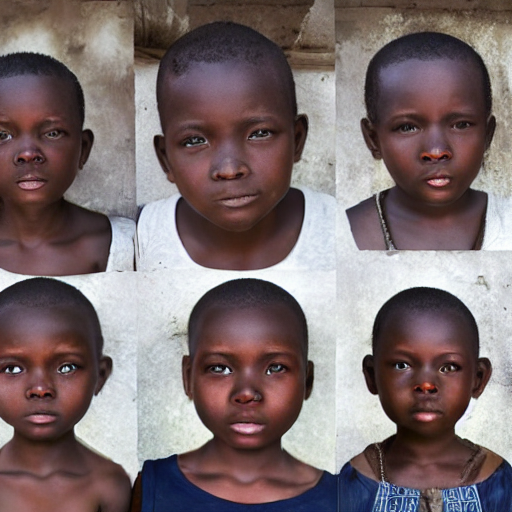Why faith-based humanitarian aid groups are scaling back their involvement in Haiti.
Published: 14-10-2022 16:46
The kidnapping of 17 North American missionaries in Haiti last year has led to a scaling back of faith-based humanitarian aid groups' involvement in the country. The missionaries were taken hostage by a group of armed men while they were working at an orphanage in the capital, Port-au-Prince. They were eventually released unharmed, but the incident highlights the risks that faith-based groups face when operating in unstable countries like Haiti.
After the kidnapping, many faith-based groups reassessed their operations in Haiti and decided to scale back their activities or pull out entirely. Some groups have criticized the decision to withdraw, arguing that it will only make it harder for Haitians to access much-needed aid. But others say that the safety of humanitarian workers must be a priority.
The kidnapping also shone a light on the foxes that prey on faith-based organizations in Haiti. These foxes are Haitian nationals who pose as religious leaders or volunteers in order to gain access to resources and/or exploit vulnerable people. In some cases, foxes have been known to kidnap foreigners themselves in order to extort ransom money from their families or organizations.
Faith-based groups are essential players in Haiti's humanitarian response, but they must be aware of the risks involved in working in such a volatile country. Withdrawing from Haiti entirely is not the answer, but scaling back operations and being more cautious about who is allowed access to resources is a necessary step to protect both workers and those they are trying to help.














